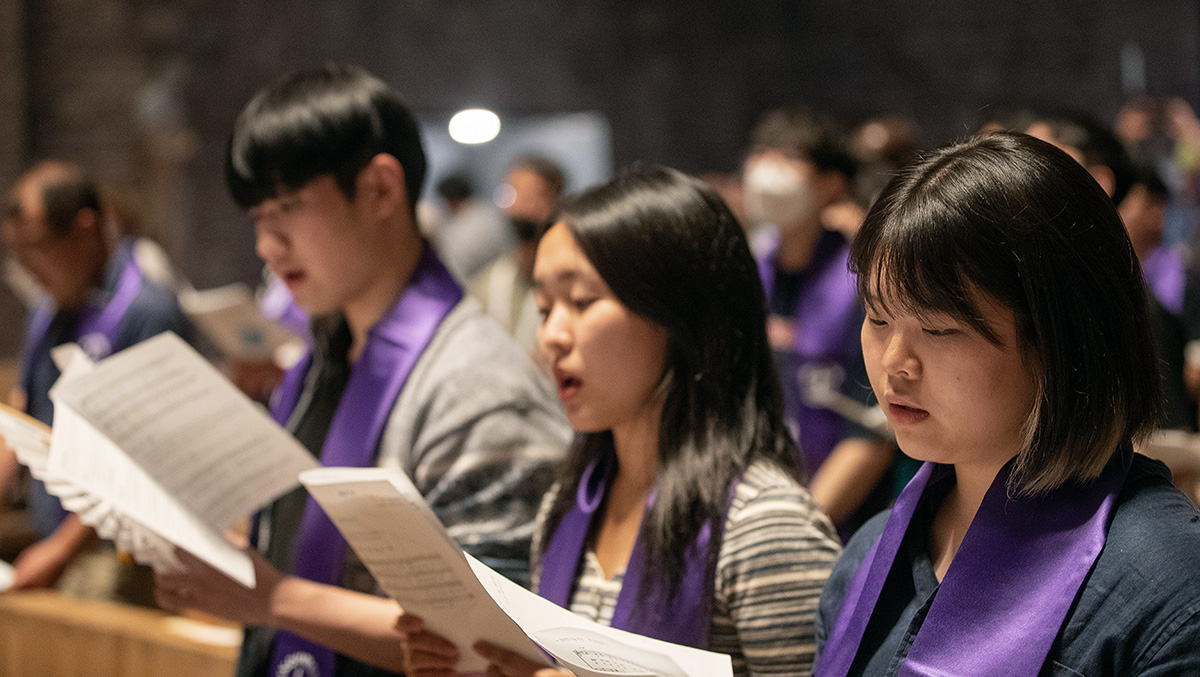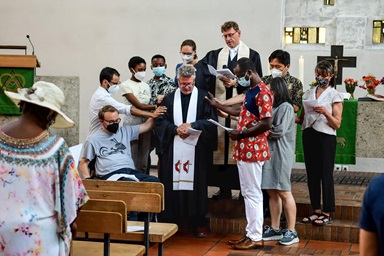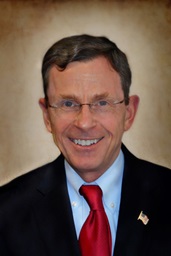Key points:
- One statement denounced the “illegal and unjustifiable” Russian invasion of Ukraine and renewed the call for a ceasefire and the immediate removal of Russian troops.
- A document adopted by the group attempted a compromise on the Israeli and Palestinian conflict.
- Statements also were issued on ending the war and building peace on the Korean Peninsula, consequences of the 2020 Nagorno-Karabakh war, the situation in West Papua, and Syriac-Aramaic genocide.
On the final day of the 11th General Assembly of the World Council of Churches, delegates adopted numerous documents on different subject areas, including statements on peace.
At the beginning of the meeting, one of the points of contention was the participation of a delegation from the Russian Orthodox Church, the largest of the WCC’s 352 member churches. Before the General Assembly, many called for their exclusion. A hoped-for encounter of dialogue between the delegates of the Russian Orthodox Church and the Orthodox Church in the Ukraine, which broke away from it, did not come to pass at the assembly.
Leaders of the WCC had behind-the-scenes contact with both delegations. In the end, the statement adopted on this conflict denounced the “illegal and unjustifiable” Russian invasion of Ukraine and renewed the call for a ceasefire and the immediate removal of Russian troops.
The statement strongly affirms and reiterates the position that “war is incompatible with God’s very nature” and that the “love and accompaniment of the WCC global fellowship of churches” stands behind those affected.
At the start of the Assembly, delegates from other parts of the world stated that the Europe-centered consideration of the war between Russia and Ukraine distorts reality, pointing out other regions and churches affected by massive confrontations, genocide and persecution. As a result, statements were issued on ending the war and building peace on the Korean Peninsula, consequences of the 2020 Nagorno-Karabakh war, the situation in West Papua and Syriac-Aramaic genocide.
In the run-up to the assembly, allegations were made that the WCC had taken a one-sided position for the Palestinians. Some feared the General Assembly would declare Israel an apartheid state, but that did not materialize.
The document adopted by the council in the end attempted compromise: “Recently, numerous international, Israeli and Palestinian human rights organizations and legal bodies have published studies and reports describing the policies and actions of Israel as amounting to ‘apartheid’ under international law.” It mentions that some churches and delegates strongly support the use of this term “as accurately describing the reality of the people in Palestine/Israel and the position under international law” while others hold it as “inappropriate, unhelpful and painful.”
The final document also says that the Israeli settlements in the West Bank are an obstacle on the “path towards a just peace” in the region. However, it says that the situation of the Palestinian population is further aggravated by “the grave failings of the Palestinian authorities, including reprisals against opposition leaders and the lack of legal and democratic accountability.”
Acknowledging that the situation can only be solved by peaceful means in accordance with international law, the assembly affirmed: “We believe that it is only through an end to the occupation and a just, comprehensive and lasting peace settlement that the security of both Palestinians and Israelis can be assured.”
Ruof is public relations officer and spokesperson for The United Methodist Church in Germany. Scott is the director of mission theology in the Office of the General Secretary at United Methodist Global Ministries.
Return to main story, WCC General Assembly closes with call to ‘act for justice’




